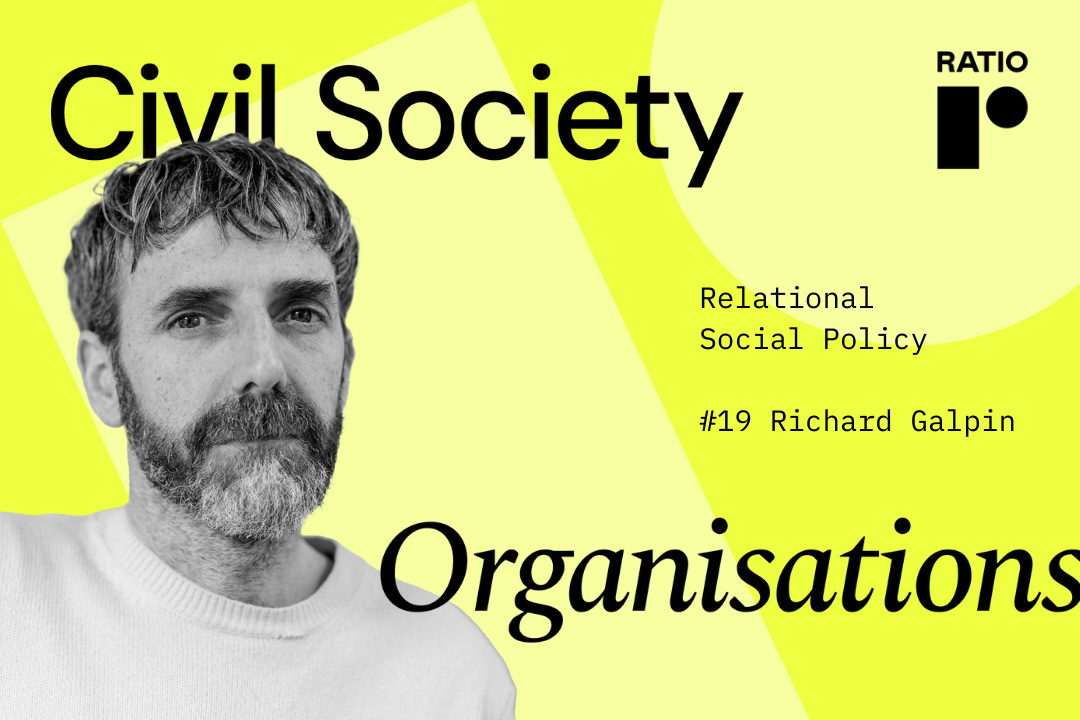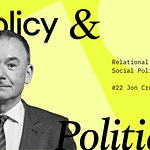Richard Galpin works at Pembroke House, the settlement described by Mike Wilson in the previous episode. Richard leads a classic settlement project, a conversation that connects local people, local government officials and central government policy makers. It is known as We Walworth after the neighbourhood of which Pembroke House is a part.
As Mike Wilson explained, settlements facilitate students from private schools or universities coming to live alongside people living in economically disadvantaged communities. This experience transformed the outlook of many students, including Clement Attlee, leader of the radical post-war U.K. Government and William Beveridge, author of the report that laid the foundations for the Welfare State.
In settlements, these students are described as ‘residents’. They are from a school or academic institution but they reside in the settlement. They live alongside residents in the community.
We Walworth extends this idea by creating a context for civil servants to spend time alongside and get into conversation with the people they serve.
As Pembroke House is just a few miles from Whitehall, home to most U.K. Government departments, We Walworth includes both central and local government officials.
I am interested in this work for what it can tell us about the future of civil society organisations. But Richard also brings to light many of the weaknesses of the state, its propensity to colonise civil society, the systemic imbalance between state and civil society, and the low level frictions that, I would argue, contribute to declining trust in the state and its institutions.
Ratio Talks is available on Substack, on Apple Podcasts and Spotify.
Get in touch with us any time by messaging us on the Substack
Ratio Talks is produced with the help of sound designer Nik Paget-Tomlinson.














Share this post